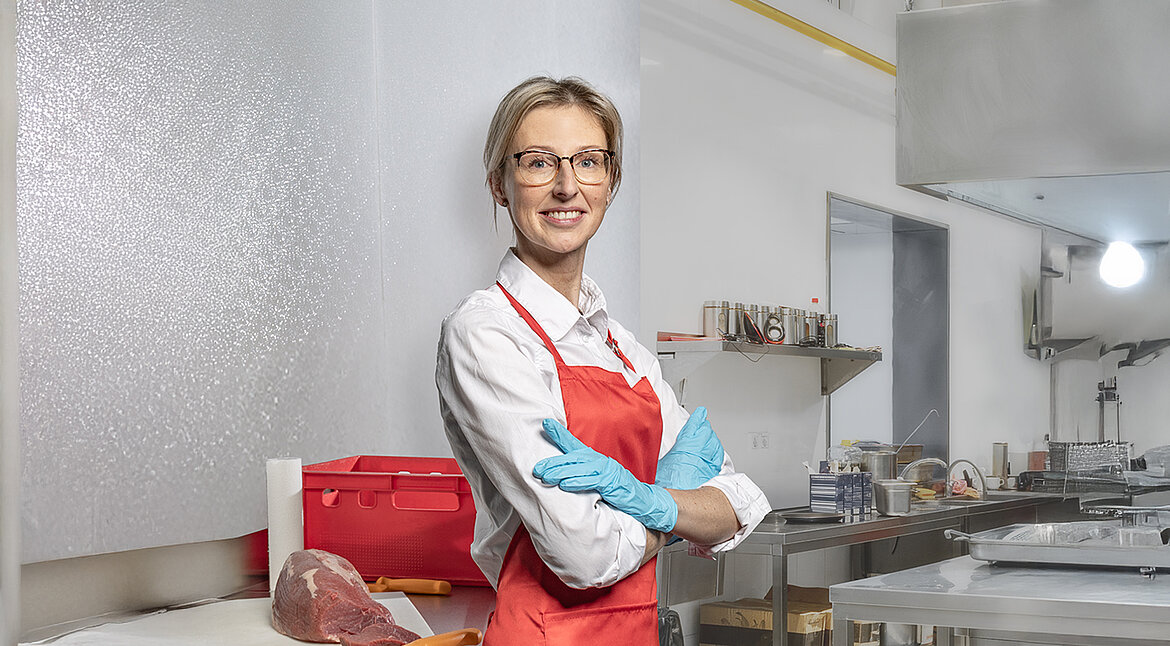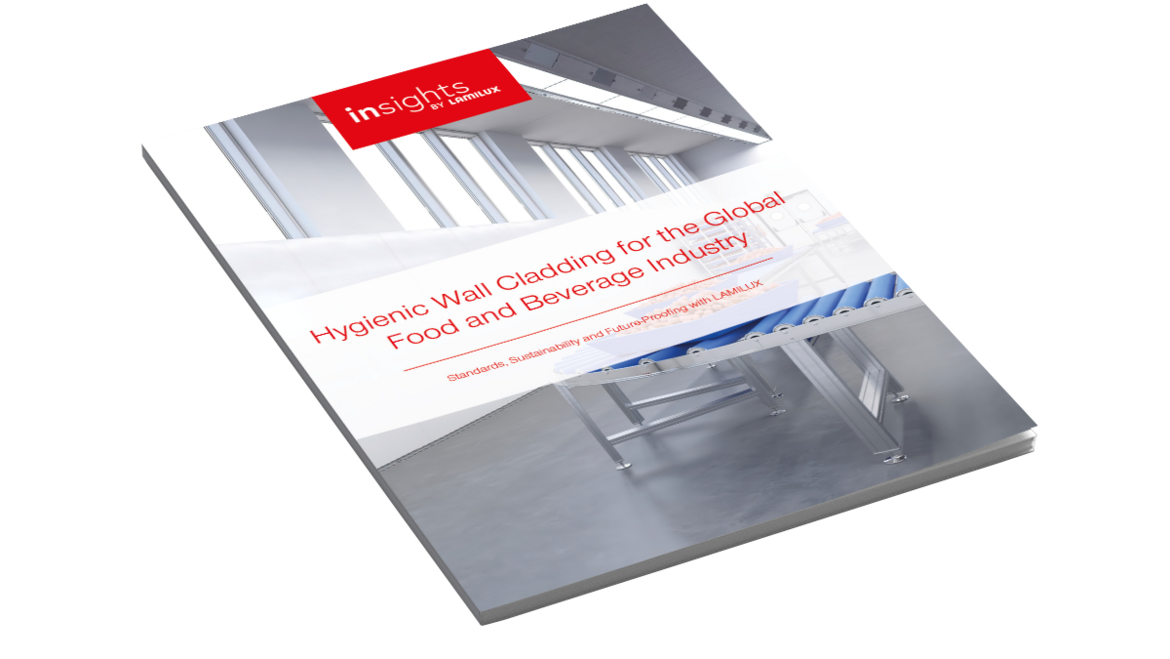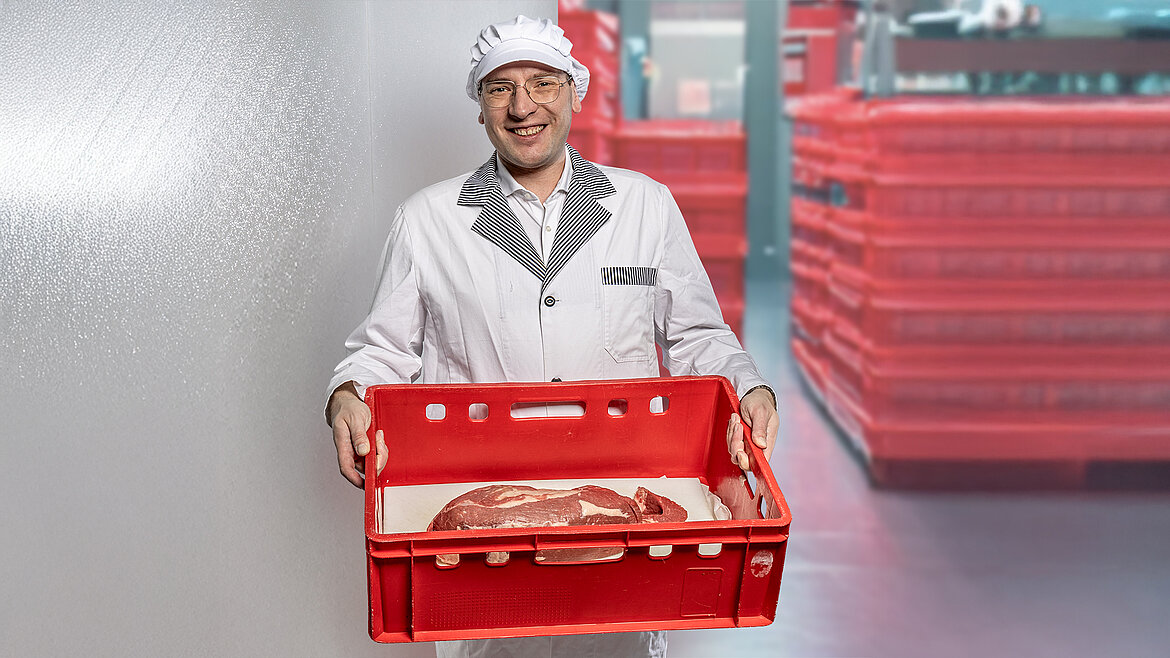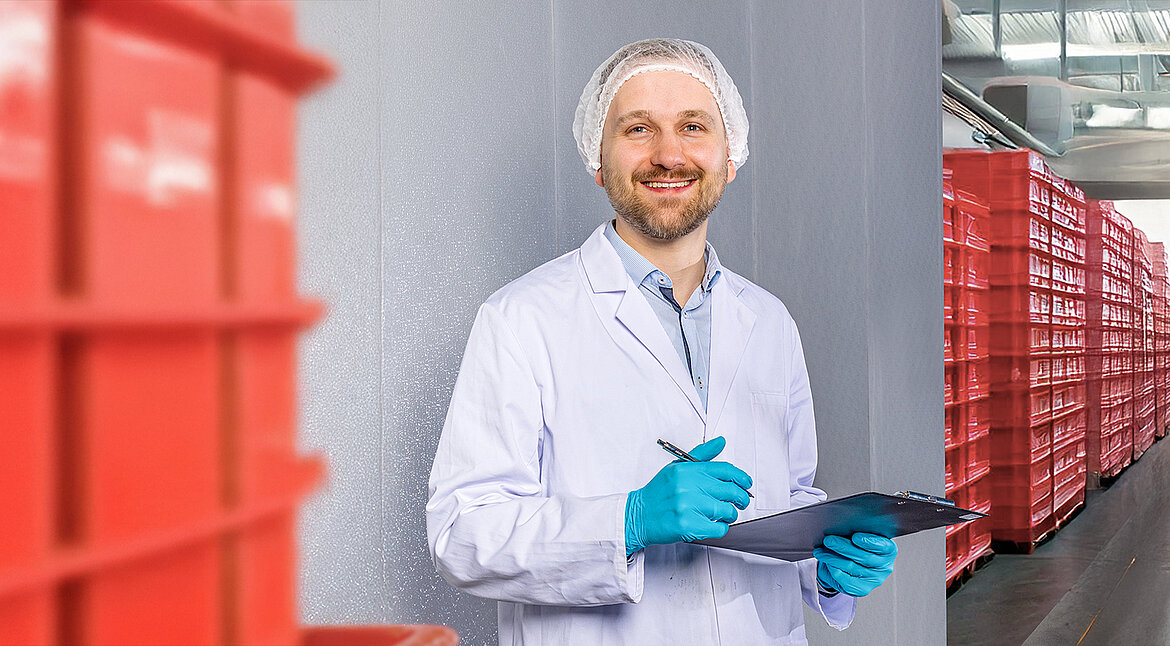Why FRP in the Food Industry?
Hygiene is crucial in the food and beverage industry – seamless, antibacterial FRP wall and ceiling cladding offers a clear advantage. They are easy to clean, durable, and significantly reduce cleaning efforts.
Learn more in our white paper:
- What are FRP wall and ceiling claddings?
- What advantages do they offer for hygienic environments?
- Why are they the better choice compared to other materials?





